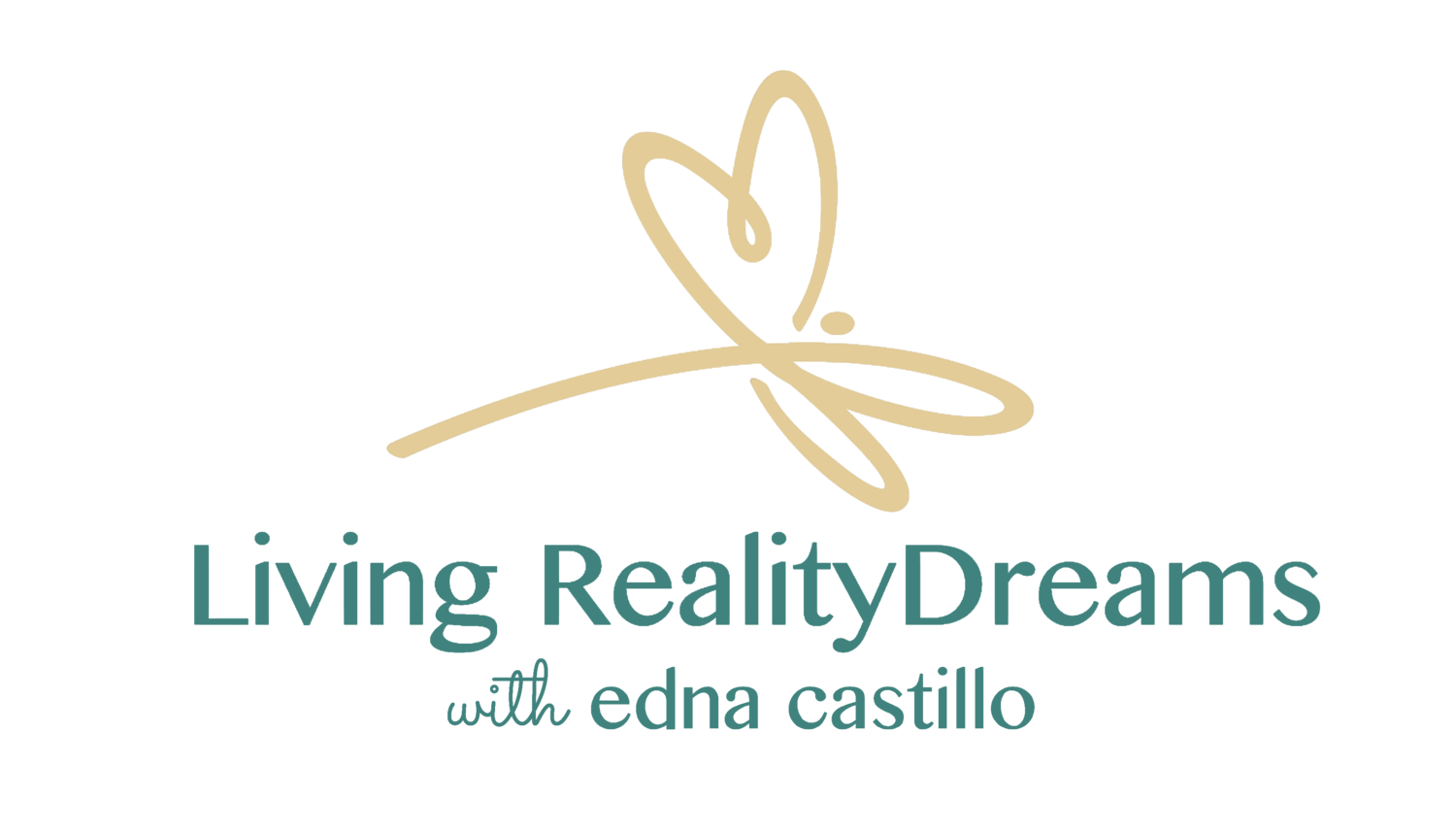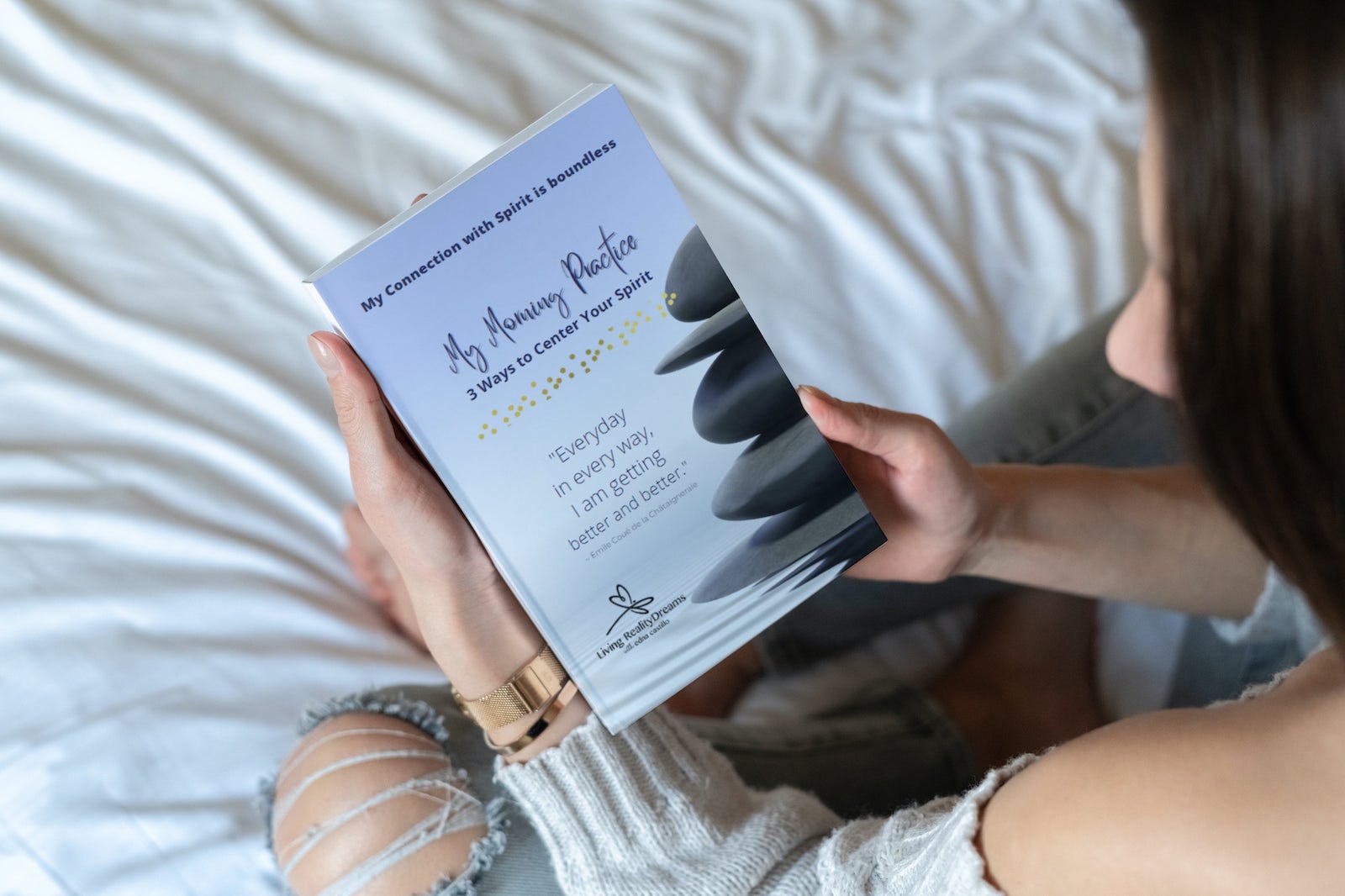Decision Making 101

There is a direct correlation between success and decision-making. Napoleon Hill studied the 500 most successful people. He found that “Successful people quickly and firmly. Unsuccessful people make decisions slowly and change them often.”
Most people struggle with making decisions; it is a learned skill. But more than a learned skill, it is a way of being. There are three qualities good decision-makers have.
Self–Image and Decision–Making
The first quality is to have a strong self-image. Unfortunately, about estimated that 85% of adults worldwide have low self-esteem.
What you think about yourself matters as it’s the setpoint of what you think you can do.
You observe yourself being indecisive and think ‘I’m not good at making decisions’.
Thinking and saying that to yourself reinforce that pattern. You may even start telling others. And vocalizing it reinforces your opinion of yourself and your capacity.
Henry Ford said, “Whether you think you can, or you think you can’t – you’re right,
So, how do you think you could break it? Decide; you are a good decision maker and act-as-if you are. Form a good self-image around decision-making.
How do you do that? Affirm, “I am a good decision-maker.” Repeat the thought in your mind when you are making decisions. Catch yourself before speaking it out loud to yourself or others.
The next step is to start acting as if, meaning, start doing it. You can start small, like when you are ordering at a restaurant—or deciding what route to take to your destination.
Cut–through the decision–making clutter
When you have several choices in a situation, it may be more difficult for you. Have a strategy, time-yourself to stay aware that quick decisions make you successful.
Narrow the number of choices to two when you have too many possibilities.
Use your senses to help you decide. If you are looking at a menu, ask yourself, “what would I love to eat? Your body will tell you, “I want a big meal or something light. Do I want to take in the view and enjoy the scenic route, or am I short on time and have to take the highway?
Often, asking ourselves, “what would I love?” provides the answer.
Next time you feel the energy of indecision, stop and take a breath. Tell yourself, “Making a decision is easy; it is a natural part of who I am.” You commit to forming a new habit.
Decisions made by your neighbor
Some of us have the habit of asking others for their opinion. Consider that other people will give you their idea from their seats on the bus.
For instance, I have two brothers who are very different. If I asked one of them for their opinion on what car to buy, one would tell me to consider the best miles per gallon. He would even pull the Edmonds rating.
My other brother would want me to buy something sporty and showy because he is all about the look.
I believe asking “the peanut gallery” for advice will only complicate your decision. And in addition, it will reinforce your inability to move forward in decision-making.
Believe in your decision–making abilities
Remember, you are watching yourself and have an opinion about how well you make decisions. You are developing your self-image.
The main idea is to break the habit of indecision by making decisions. You develop and cultivate it with practice and commitment.
One of the ways to break old habits, is by repetition and consistent, intentional action.
Don’t let yourself slide in this process. Make yourself make decisions, even if you start small. It is about training your mind that you are a good decision-maker. And so you will become.
The second quality of a good decision-maker is being a proficient thinker. We know that thinking affects your self-image and what you create.
Many of you who have attended my workshops have heard about the Success Formula. This is the formula that creates proficient thinking.
Next week, I will share more about this and the third quality: the fear of making mistakes.
Please stay tuned to experiment this week with your decision-making abilities. It is in our micro-habits that we can transform.
You see yourself as capable, and this translates to when you are called to make more significant decisions. Decision-making becomes easier.
My mentor Mary Morrissey always loves to remind me that small steps can take us all the way up Mt. Everest.









